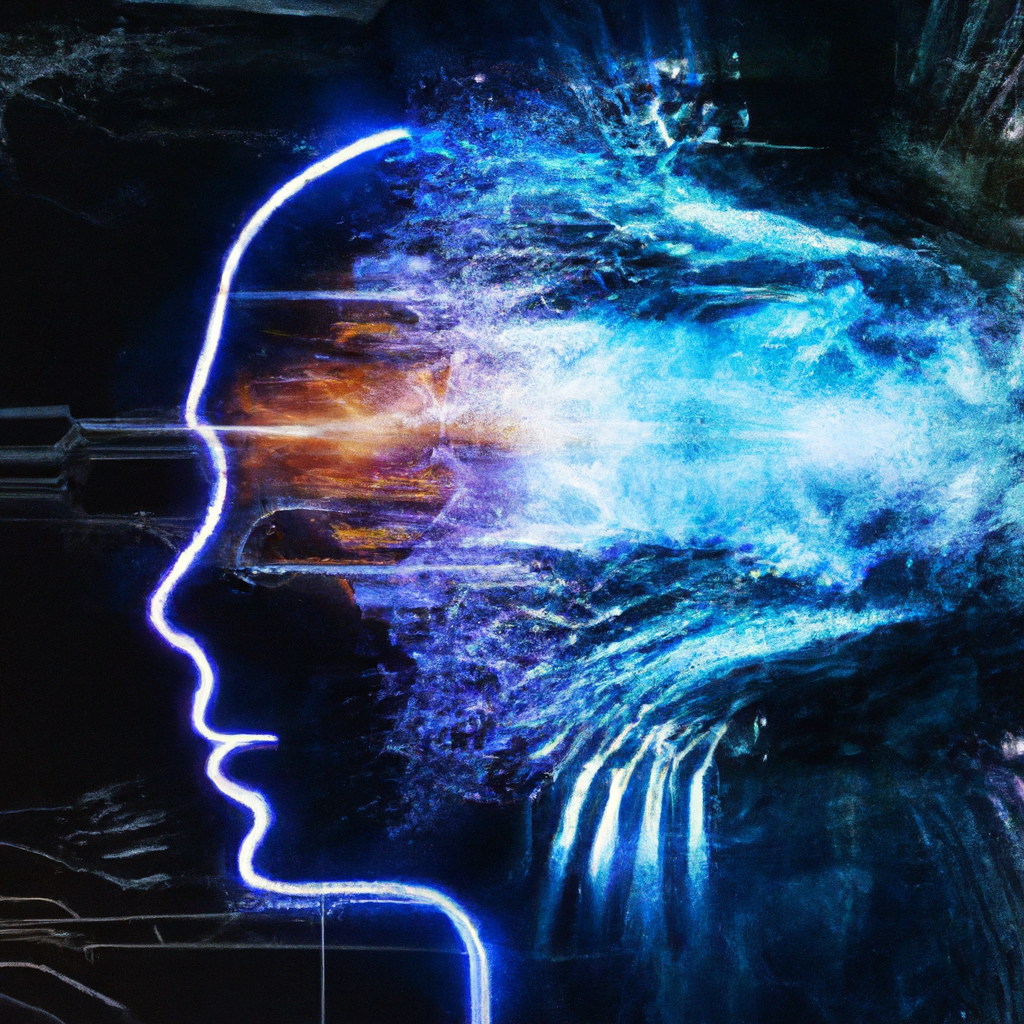The AI Ethical Challenges To Address

In the fast-paced world of artificial intelligence (AI), there is no denying the incredible advancements and potential benefits that come with it. However, as AI continues to evolve, it also brings along a set of ethical challenges that need to be addressed. These challenges span across various domains, from privacy concerns to biased decision-making, and have become critical in shaping the future of AI. It is imperative that we acknowledge and tackle these challenges head-on, ensuring that AI is developed and used responsibly for the betterment of society.
Ethical Challenges in AI
Artificial Intelligence (AI) has undoubtedly revolutionized various industries and aspects of our lives. However, as AI continues to advance, it brings with it a range of ethical challenges that need to be addressed. These challenges encompass areas such as employment, data privacy and security, algorithmic bias, autonomous weapons, interpretability and explainability, responsibility and accountability, unintended consequences, human augmentation, AI in healthcare, and social manipulation.

Impact on Employment
One of the prominent ethical challenges AI poses is its potential impact on employment. As AI becomes increasingly capable of automating tasks traditionally performed by humans, there is a concern that it may lead to job displacement and unemployment. While AI promises enhanced efficiency and productivity, it also raises questions about the future of work and how societies can ensure equitable distribution of jobs and opportunities. It becomes crucial to strike a balance that utilizes AI to complement human skills, rather than replace them, and to provide adequate support for those affected by AI-driven changes in the job market.
Data Privacy and Security
The digital era has brought about an explosion of data, which is the bedrock of AI systems. However, this abundance of data raises significant ethical concerns related to privacy and security. AI algorithms rely on vast amounts of personal data, and the collection, storage, and use of this data must be carried out ethically and in line with privacy regulations. Striking the right balance between utilizing data to drive AI advancements while safeguarding individuals’ privacy and ensuring data security is crucial. This involves implementing robust data protection measures, obtaining informed consent, and maintaining transparency in how data is processed and utilized.
Algorithmic Bias
AI systems often rely on machine learning algorithms, which learn from data and make decisions based on patterns and correlations. However, these algorithms are not immune to biases present in the data they are trained on. Algorithmic bias can occur when historical biases in the data unfairly influence AI systems’ decision-making processes. This can result in discriminatory outcomes, exacerbating societal inequalities and perpetuating bias. Addressing algorithmic bias requires a dedicated effort to ensure diverse and representative training data, regular audits of algorithms, and transparency in the decision-making process of AI systems.

Autonomous Weapons
The development of AI-powered autonomous weapons raises profound ethical concerns. These weapons have the potential to make life-and-death decisions without direct human intervention. The lack of human oversight and control raises questions about the morality of using such technology in armed conflicts. Striking a balance between leveraging AI for military capabilities and ensuring adherence to international humanitarian laws becomes crucial. International discussions and agreements are necessary to establish clear ethical guidelines and prevent the misuse of autonomous weapons.
Interpretability and Explainability
Another ethical challenge in AI lies in the interpretability and explainability of AI systems. As AI becomes more complex and opaque, it becomes increasingly difficult to understand how AI systems arrive at certain decisions. This lack of transparency raises concerns about accountability and the potential for AI systems to make biased or detrimental decisions without justification. Ensuring interpretability and explainability of AI models is essential to establish trust, enable oversight and auditability, and allow individuals affected by AI decisions to understand the reasoning behind them.
Responsibility and Accountability
With the increasing integration of AI into various domains, clarifying responsibility and accountability becomes paramount. Traditional models of accountability may not suffice when AI systems are involved. The question arises: Who is responsible for AI-driven decisions or the consequences of AI actions? Establishing clear lines of responsibility and accountability, both from a legal and ethical standpoint, ensures that actors involved in developing, deploying, and using AI systems uphold their ethical obligations. It also provides a means to address potential harms caused by AI systems and hold the responsible parties accountable.
Unintended Consequences
In the pursuit of AI advancements, there is a risk of unintended consequences that may arise. AI systems are trained on historical data, which may be reflective of biases and inequalities present in society. If not carefully accounted for, these biases can be inadvertently perpetuated or amplified by AI systems, leading to unintended discriminatory outcomes. Additionally, there is a concern that AI systems may learn behaviors or make decisions that stray from human values or ethical norms. Mitigating unintended consequences necessitates active monitoring, auditing, and continuous improvement of AI systems to ensure they align with ethical principles and serve the common good.
Human Augmentation
AI has the potential to augment human capabilities, enhancing our physical, cognitive, and emotional abilities. However, there are ethical considerations surrounding the extent of human augmentation and its impact on human dignity and autonomy. Striking a balance between leveraging AI to empower individuals and maintaining respect for individual rights and agency is crucial. Ethical discussions and regulations should ensure that human augmentation technologies are developed and deployed in a manner that respects human values and promotes overall well-being.
AI in Healthcare
AI holds immense promise in revolutionizing healthcare, enabling more accurate diagnoses, personalized treatment plans, and enhanced patient care. However, ethical challenges arise when integrating AI into healthcare systems. Patient privacy, data protection, and the potential for biased treatment recommendations must be carefully addressed. Ensuring that the integration of AI in healthcare promotes patient autonomy, equality, and the overall well-being of individuals is paramount. Regulations and guidelines should be implemented to ensure ethical implementation of AI in healthcare and prevent any potential harm to patients.
Social Manipulation
The pervasive influence of AI on our lives raises concerns regarding potential social manipulation. AI algorithms can be designed to identify and exploit individuals’ vulnerabilities, influencing their behavior and decision-making. This raises concerns about privacy, autonomy, and the potential for manipulation of public opinion, polarizing societies, or creating echo chambers. Countering social manipulation involves ethical considerations in the design and deployment of AI systems, including transparency, safeguards against manipulation, and empowering individuals with critical thinking skills to navigate the AI-driven information landscape.
In conclusion, the advancements in AI bring forth a multitude of ethical challenges encompassing various aspects of society. Addressing these challenges is crucial to ensure that AI technologies are developed, deployed, and utilized in a manner that respects human values, upholds ethical principles, and serves the common good. Through collaboration, informed decision-making, and continuous evaluation, we can navigate the ethical landscape of AI and shape its future in a way that benefits all of humanity.





